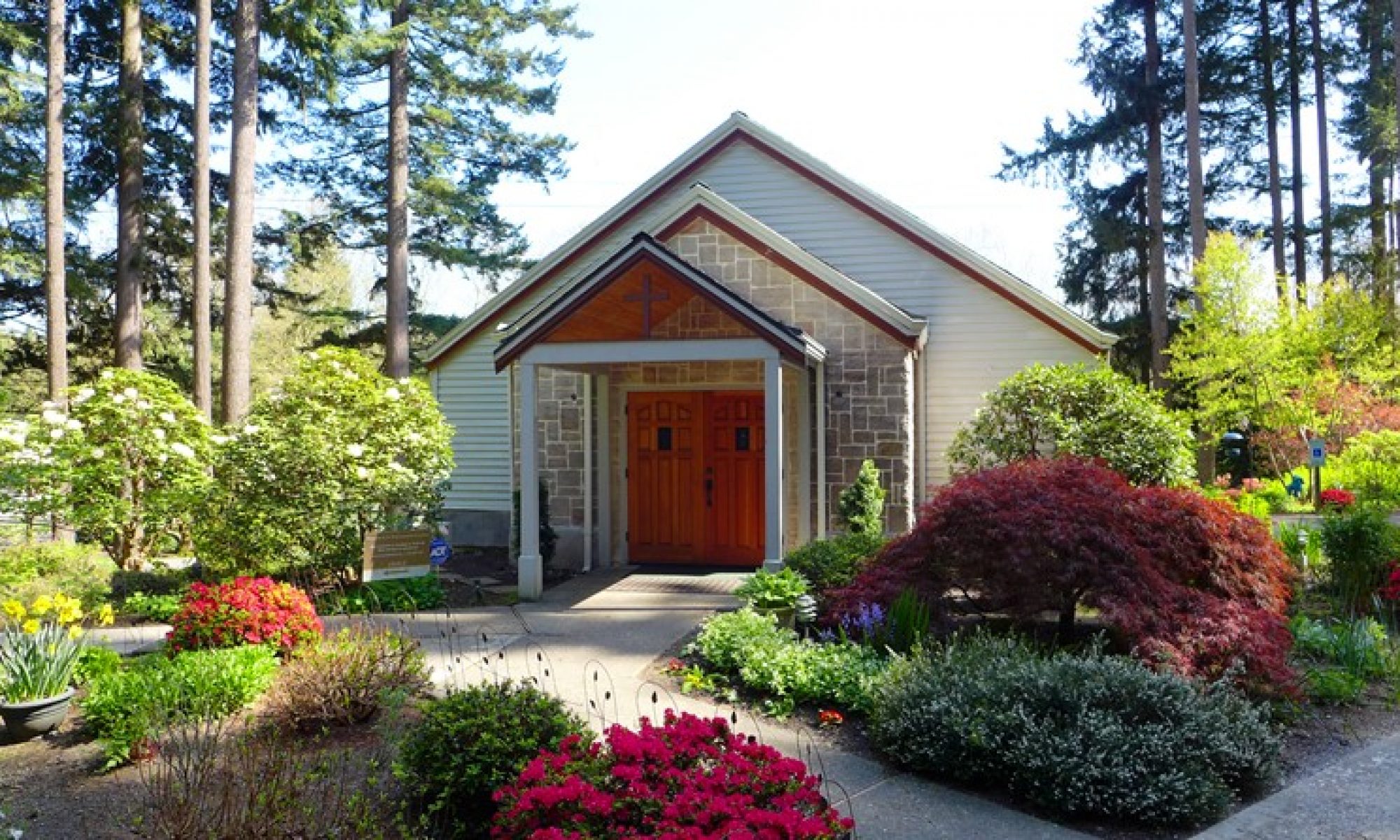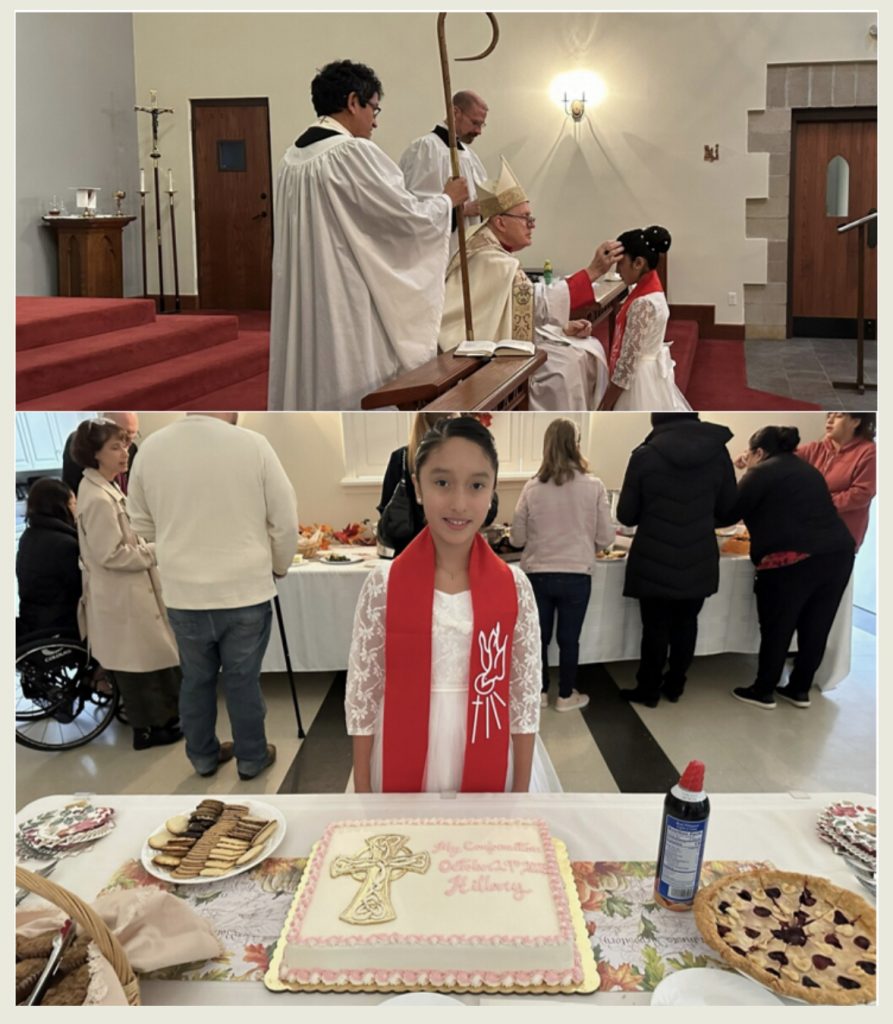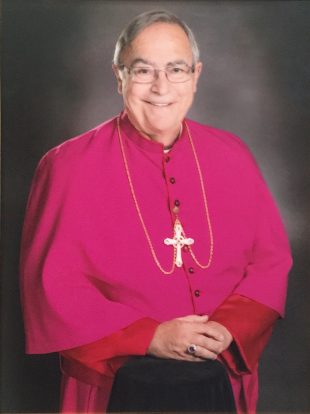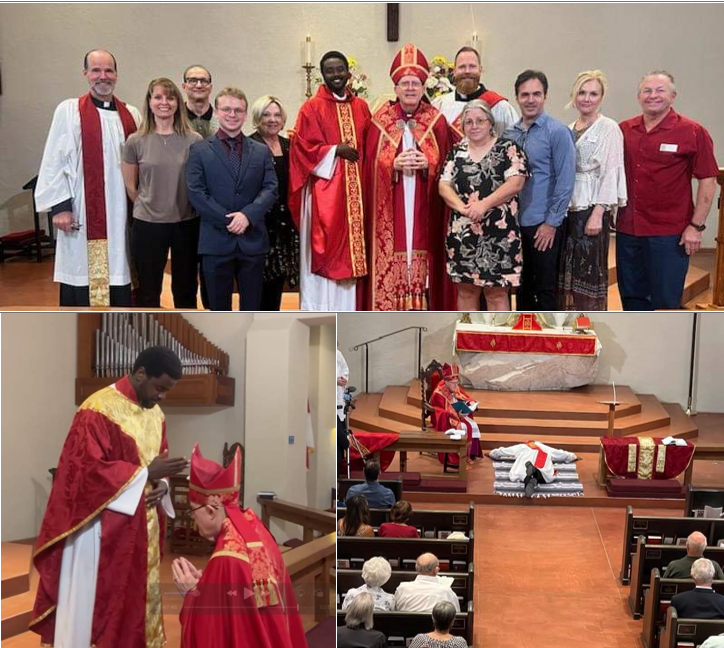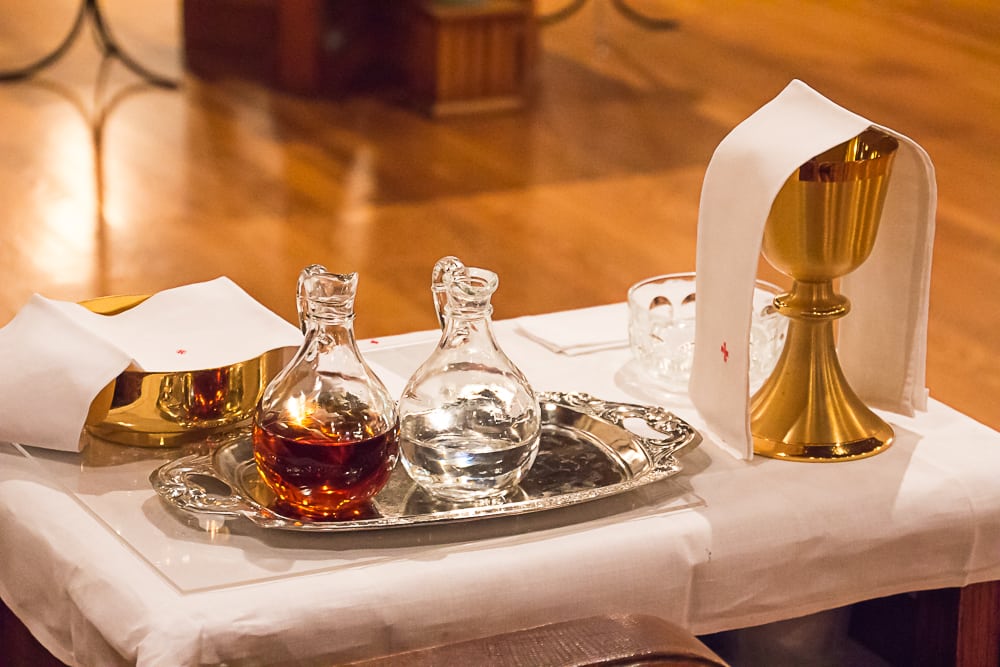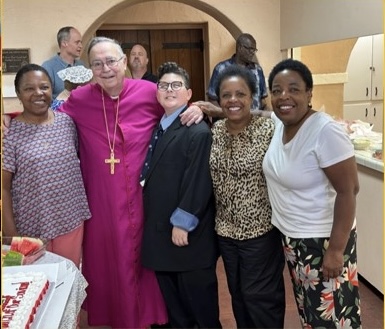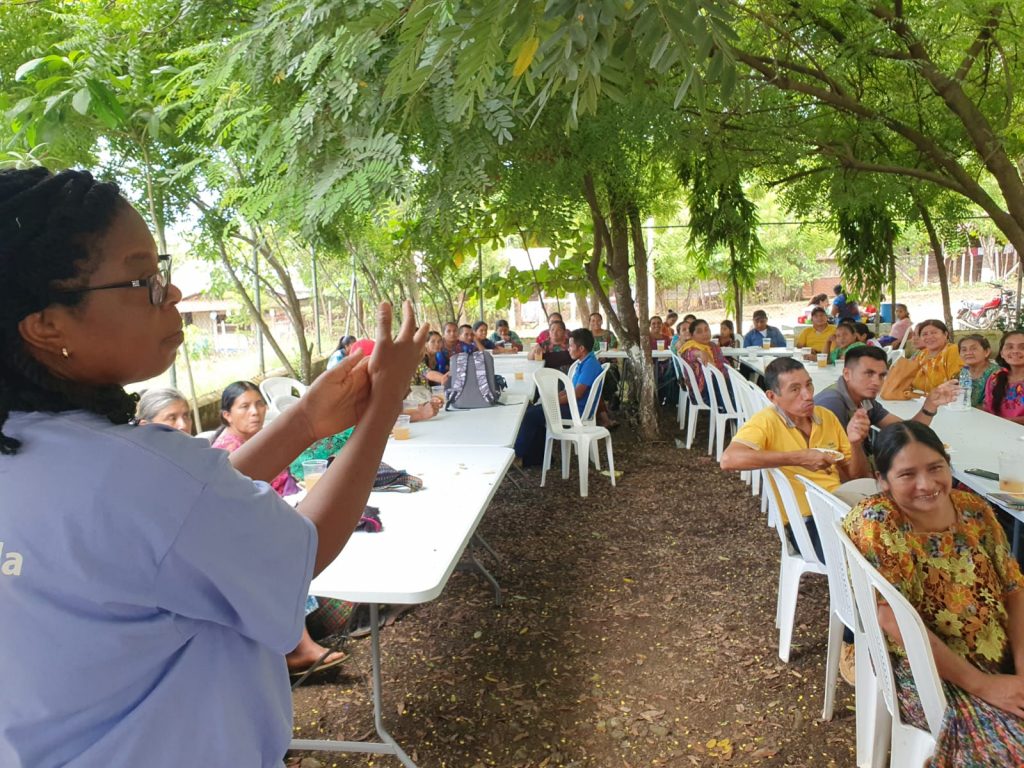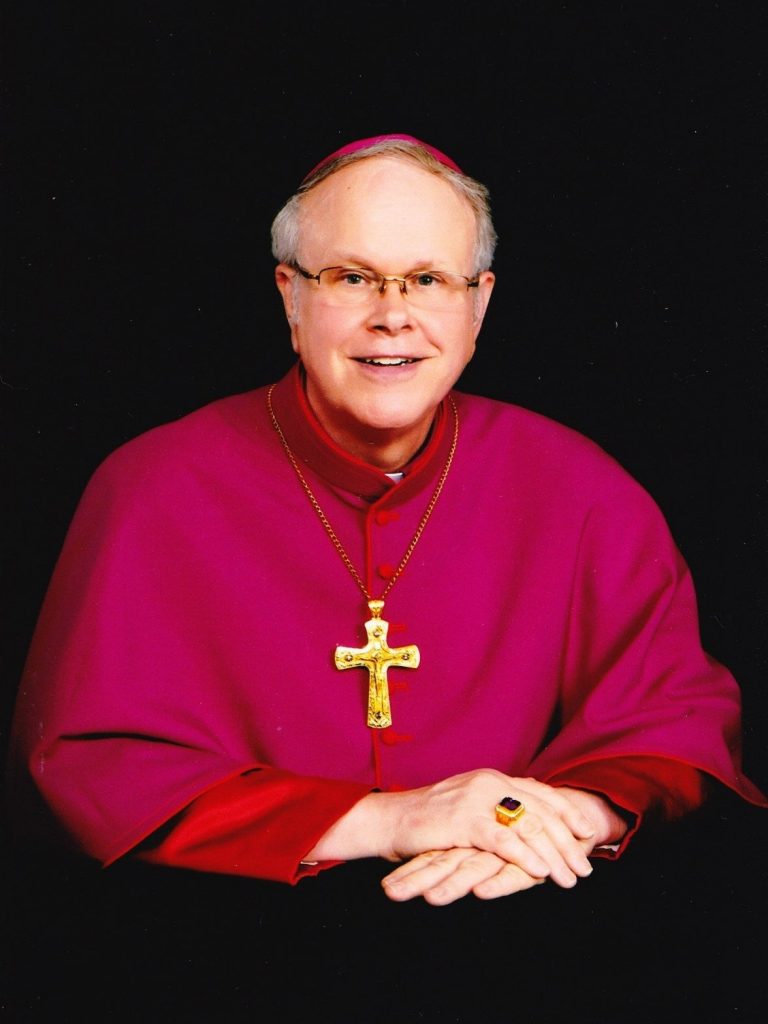Sixteenth Sunday After Trinity
Do you ever think that you have reached a point in your life where life is beginning to take more than it gives – that the good old days are gone? We fear getting older; poverty; and the approaching death. Or in today’s Gospel, let us consider the plight of the widow who lost her only son. In her culture she no longer had anyone (any male family member) to provide for her; she stares bleakly at destitution and perhaps malnutrition. And there is even the haunting fear and guilt that her son’s death may be a punishment inflicted on her and her son by God for their sins. But such is not the case. For it is a matter of compassion – the lesson for today. Let me try to illustrate.
There is a taddled story told about a frail old man who many years ago went to live with his son, daughter-in-law, and four-year old grandson. The old man had worked hard all his life; now his hands trembled, his eyesight was blurred, and his step faltered. The family ate together at the table, but the elderly grandfather’s shaky hands and failing sight made eating difficult. Peas rolled off his spoon onto the floor. When he grasped the glass, milk spilled on the tablecloth.
The old man’s son and daughter-in-law became increasingly irritated with the mess. “We must do something about grandfather,” said the son. “I’ve had enough of his spilled milk, noisy eating, and food on the floor.” And so the husband and wife set a small table in the corner of the dining room. There, the grandfather ate alone while the rest of the family enjoyed dinner. Since the grandfather had broken a dish or two, his food was served in a wooden bowl. When the family occasionally glanced in the grandfather’s direction, they never noticed the tears in his eyes as he sat alone. Still, the only words the couple had for him were sharp admonitions when he dropped a fork or spilled his milk.
The four-year-old grandson watched it all in silence. One evening before supper, the father noticed his son playing with wood scraps on the floor. He asked the child sweetly, “What are you making?” Just as sweetly, the boy responded, “Oh, I am making little bowls for you and mama to eat your food in when I grow up.” The four-year-old smiled and went back to his work. But the child’s words so struck the parents that they were speechless. Then tears started to stream down their cheeks. Though no word was spoken, both knew what had to be done.
That evening the husband took his father’s hand and gently led him back to the family table. For the remainder of his days, he ate every meal with the family. And for some reason, neither husband nor wife seemed to care any longer when a fork was dropped, milk spilled, or the tablecloth soiled. In the collect this morning we asked God to let his pity cleanse us and defend us, the Church, because without his pity and mercy we cannot go on. Not everyone we meet is lovable like the grandfather; yet for our souls’ sake, we must be struck down with the same compassion as the husband and wife in the taddled-parable- story. And I would be a liar if I said that it was easy.
So it is important to remember that not everyone we meet is like the lovable but messy old grandfather! Some people will exercise their A- type personalities and not even know how much they have hurt us. Others will be grumpy no matter how cheerful we are. Still others will be downright evil and seek to hurt or misuse us. We will be convinced that they are as dead as the heartless society in the Gospel that would impute sin on a dead man and his mother. I want to make it clear that every one of those people who hurt us want to be loved and it is our job to return love for hurt – or hate. Every one of them had a mother or a father or someone who loved them and perhaps wept – or even now weeps over them. Every one of them is God’s child, whom God wants us to love. So it is that we do God’s work when we take them by the hand and lead them to the table of love. And yes, I know, it sometimes does no apparent good, but sometimes we make a crack in their armor of selfishness and hate; and moreover, every time we try, the more we try, the more our own pride is crushed and the more love and compassion will come our way. What goes around really does come around on earth as it is in heaven!
Bishop Donald M. Ashman is Rector of St. Bartholomew’s. He was consecrated Bishop Ordinary for the Diocese of the Western States at Saint Peter’s Pro-Cathedral in Oakland, California on April 23, 2016.
